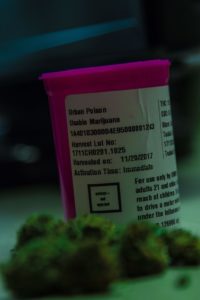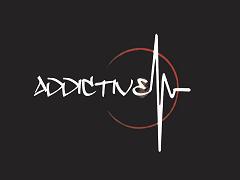You’ve taken the first giant step and completed rehab to get your life back on track, but now that it’s back to the real world what do you do now? To succeed with a clean life after rehab, it’s important to get back into a normal routine.
Gaining a sense of normalcy all starts with finding a new job and while that might sound like an impossible task, there are plenty of job opportunities for recovering addicts.
Get your job search started on the right foot with these steps for finding employment after rehab.
Continue reading below…

Utilize Your Resources
You are not alone in finding employment after addiction, there are always people and services around to help guide you through the process.
Check with your local recovery center and ask about their employment resources. Many centers host workshops, and provide job posting lists to help you further your education and network with other working professionals who were in the same place once. You can also find many free podcasts and videos that talk through getting back into the workforce.
Adjust Expectations
Jobs for recovering addicts might not come easily, but it’s not impossible. You’ll need to go into the process with realistic expectations and a set of attainable goals, that might look different than what you were capable of before rehab.
Don’t get caught up in what you were qualified to do before, and consider this a fresh start. Staying open to the idea of starting from the bottom and working your way up will heighten your odds of finding employment after rehab. Any job is only as good as you make it, and with hard work and dedication, even the lowest level jobs can turn into a great career.
Don’t Feel Pressured to Overshare
It’s important to be honest when looking for a job after rehab, but don’t feel like you have to lead an interview trying to explain every detail of your addiction recovery journey. If you have a criminal past then you’ll need to divulge those details from the start, but other than that you are not legally obligated to discuss your history with addiction.
How much you choose to share is completely up to you. Whether it’s sharing everything so you can go in and be completely yourself, or being discreet with the hope of starting with a clean slate, there’s no wrong way to go about discussing your past.
Avoid High Stress Jobs
You might think you have your sobriety completely under control, but you would be surprised how things can spiral in stressful situations. While maybe you used to be able to handle a stressful work environment, remember there’s now more on your plate than ever before.
Research the work environment, and thoroughly read through all job expectations before agreeing to move forward. It’s best to aim for jobs that have set hours so can effectively manage both work and recovery.
Stay Focused on Recovery
Isolating yourself, and internalizing the pressure will only heighten the stress that comes with trying to juggle sobriety and work life.
While it’s important to find a job that provides a steady source of income, sobriety should always be a constant priority. Don’t use a job search, or work obligations as an excuse to miss meetings, or neglect the necessary recovery steps.
Whenever you need a helping hand, or someone to talk to, remember that your Stairway to Freedom Chicago sober living community is always here to help. Contact us now to learn more about our housing facilities, and the way we help recovering addicts stay clean after rehab.

 Urban Poison: Problems with Legal Cannabis
Urban Poison: Problems with Legal Cannabis What is an addictive personality?
What is an addictive personality?